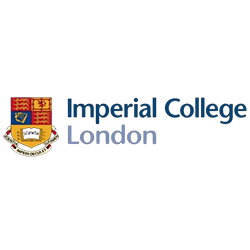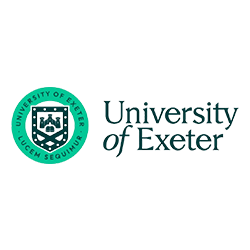Dentistry
A postgraduate dentistry degree allows students to advance their clinical expertise, specialise in specific areas of dental practice, and contribute to research and innovation in oral health. It provides a strong foundation in advanced dental sciences while offering opportunities to focus on fields such as orthodontics, prosthodontics, endodontics, periodontology, oral surgery, and restorative dentistry.
The programme offers the opportunity to study core subjects including advanced oral pathology, biomaterials in dentistry, dental implantology, clinical governance, and patient management. Many courses also integrate supervised clinical practice, laboratory research, and case-based learning, enabling students to refine technical skills while developing critical thinking and evidence-based decision-making.
Why study Postgraduate Degree in Dentistry ?
Studying dentistry at postgraduate level is a chance to combine clinical practice with academic advancement, preparing graduates for specialist roles in hospital and private practice, dental education, and oral health research. It also provides a pathway to doctoral study, professional fellowships, or leadership positions within dental healthcare systems.
Top Ranking Universities List for Civil Engineering
Entry Requirements
Academic Requirements
- Undergraduate degree in chemistry or a closely related subject (e.g., biochemistry, materials science, chemical engineering, pharmacology).
- Typical requirement: UK 2:1 or strong 2:2 equivalent.
- Applicants from other science backgrounds (e.g., physics, biology, environmental science) may be considered if they can demonstrate sufficient chemistry knowledge.
- International qualifications must be equivalent to UK standards (assessed via UK ENIC where required).
Work Experience Requirements
- MSc Chemistry programmes: Prior work experience is generally not required, making them accessible to recent graduates.
- Specialist or applied pathways (e.g., Medicinal Chemistry, Analytical Chemistry, Green Chemistry, Nanochemistry): Relevant laboratory or research experience can strengthen an application.
- Industrial placements, research projects, or internships in laboratories, pharmaceuticals, or chemical industries are valued by admissions tutors.
English Language Requirements
- IELTS Academic: Overall 6.0–6.5, with no band lower than 5.5 or 6.0.
- TOEFL : Overall score of 85–90.
- PTE Academic: Overall 60–65.
- Exemptions may be possible if previous study was conducted in English.
Additional Application Documents
- Official academic transcripts and degree certificates (with certified translations if required).
- Personal statement outlining academic background, research interests, and career ambitions in chemistry.
- CV or résumé highlighting laboratory skills, technical expertise, and any professional or research experience.
- Two references (academic or professional).
- Proof of English language proficiency (if applicable).
- Some universities may request evidence of specific chemistry modules (e.g., organic, inorganic, physical, analytical) completed at undergraduate level.














